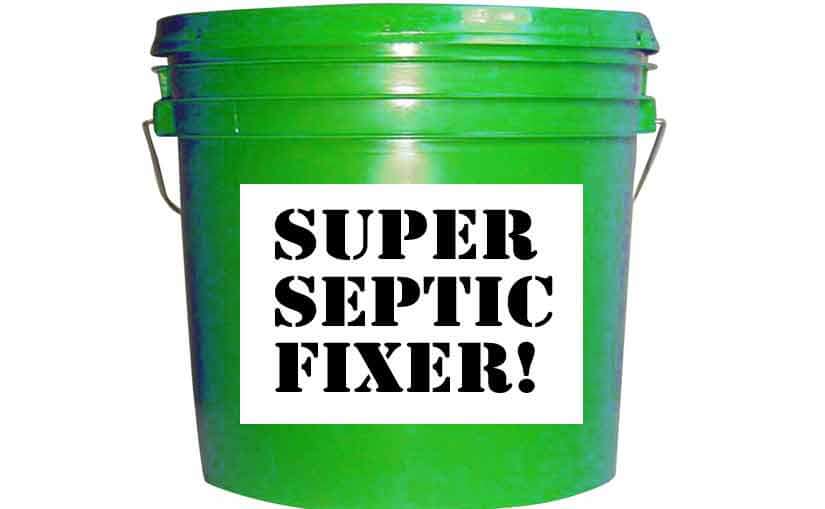Septic system not taking or holding water, your home is in major turmoil. When you and your children ran across the yard to escape the heavy rains, all you wanted to do was get out of your wet clothes. It was an unexpected outpour. When you left a few hours ago, it was bright and sunny. After the movie you watched, it rained hard. An umbrella didn’t cross your mind at all so the three of you ended up drenched and cold.
Two bathrooms in your home were used to rinse off the rainwater. While your children were still warming up in the tub, you went to the kitchen and fixed a pot of thick, hot chicken soup. It was the perfect solution to that cold, wet surprise. The children enjoyed their soup in the living room while you looked out your window to check the yard. You eyes widened as you saw the yard flooded. It was the area where your septic system was installed. You checked the bathroom and as you expected, the drains, toilets, and sinks backed up. Immediately, you phoned your septic expert. He said that you should all wait for the rains to stop first. An hour later, the rains ceased and your septic expert appeared at your doorstep.
He said that the septic system was not taking or holding water. This was definitely classified as a crisis that you should attend to. The septic system is the wastewater treatment system especially designed and installed for your home. It was supposed to filter and isolate the wastes and pathogens from the living area. It recycles the effluent to a cleaner, safer fluid when it returns to the surrounding environment. Since the septic system is not taking in water, the wastewater was not being treated anymore but just backed up into your home or onto the yard. The septic smells were overwhelming already. After the rain, you brought your kids to a friend’s house while your septic expert worked.
When the septic system is not taking or holding water, it is often caused by the heavy rains. The system couldn’t handle the increase in water load. This is aggravated by the gutter that drains onto the septic system area in the yard. Many homeowners have their septic system pumped out as the rain ensues, not realizing that the silt and mud are just going to fill and clog their system more. The septic experts that they usually hire to do this just care about the money and not the welfare of the septic system.
The septic system’s failure to take in water may also be brought about by some activities in the household such as heavy laundry loads in a week, the use of harsh, antibacterial household cleaners, dumping of grease into sinks/drains, planting trees over the septic, dumping of non-biodegradables into toilets/sinks, building over the system, and parking over the system.
The septic system is a component of your property that should be given proper care and maintenance. Think about it. You live your day-to-day life, all the while producing waste, and you don’t care what happens to the septic system that treats the wastewater? You have to change to a new leaf if you don’t want your home to deteriorate and your family to get sick.
A dry well would be a very great help to your septic system if the water load is always too much. The dry well could handle the grey water from the dishwasher and the washing machine. It could also help if you don’t use the tub or wash heavy loads of laundry when there is a heavy outpour of rain. You could also divert the gutter away from the septic system area to lessen the amount of water that gets into the system.
When the septic expert left, you picked up your kids and took them home just in time. There was an outpour again. This time, you didn’t worry that the septic won’t take in water again. All you had to do was make sure that you would do your part from then on. Remember, when your septic system not taking or holding water, call a septic professional immediately.

